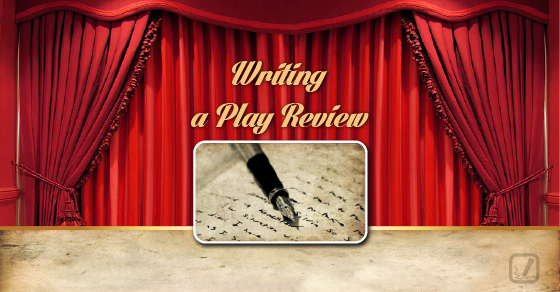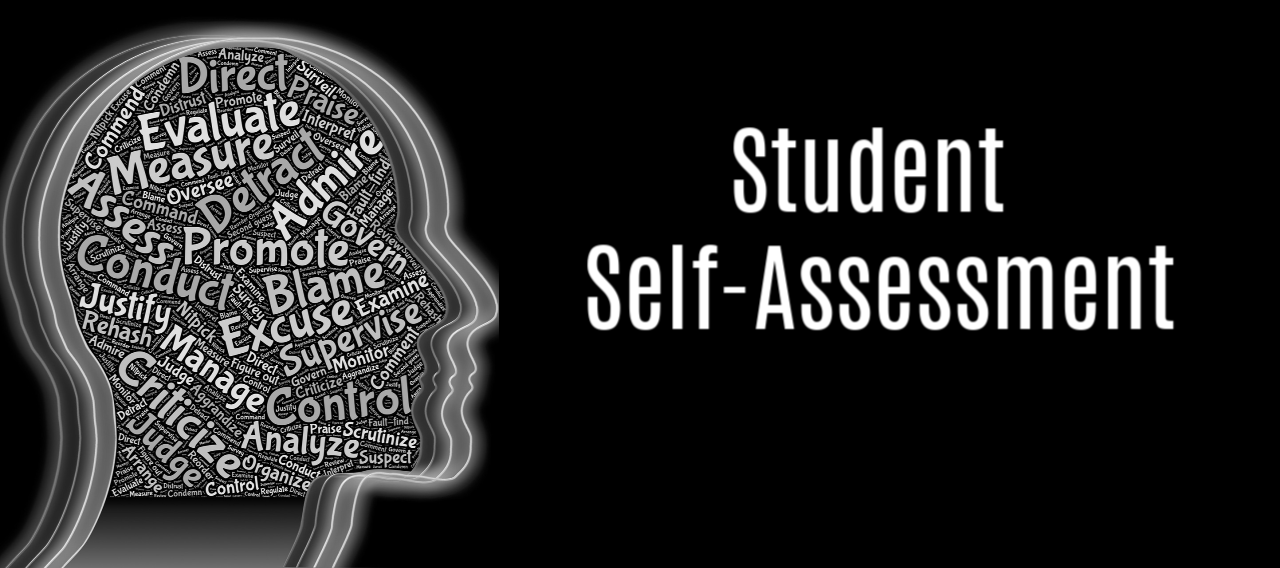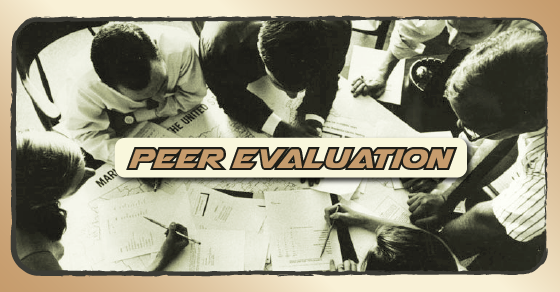How to Write a Play Review
The House Beautiful is The Play Lousy.
– Dorothy Parker
We’ve all seen those reviews. The ones that rip the theatre production up one side and down the other. They criticize the scenery and the script. They suggest that the leads take up basket weaving since acting isn’t their thing. It’s enjoyable because we’re not the one being criticized. But it can also make you feel queasy like too much fried food. It’s not that nice to read about the total destruction of others.
And when it comes to writing a theatrical review, that kind of lambasting isn’t necessary. There is a difference between being a critic and being cruel. The analysis of a production does not have to be cruel.
His first (and, I suspect, last) work for the stage, All New People, opened last night at Second Stage. It’s pretty bad, no way around it.”
– Scott Brown, Vulture
I’ve been on the receiving end of some lovely reviews for my writing, some pretty nasty reviews, and some pretty bizarre ones. I wrote a play about Galileo in which one reviewer said there’s no way Galileo would act the way I portrayed him (because we know how a man who lived hundreds of years ago would act…?). Another reviewer was very complimentary, but totally misunderstood the show – he mistook the word “parabola” (which Galileo did invent) with “parable” (which Galileo did not). It lead to some pretty odd paragraphs. Another reviewer gave our show a five star review, which made us feel great! But then we went to see another play he also gave a five star review to and we hated it. So was the reviewer right about our show, or the other one?
What is a review?
A review is a subjective but educated response to a piece of theatre. The reviewer should have a strong background in theatre so that their opinion is informed and credible.
What is the purpose of a review?
A review gives a potential audience member context for a production. Most people want to know if they should spend their hard-earned money on a ticket. Is this show any good? If it is, what makes it good? If it’s not, what makes the show falter?
What should we learn from a review?
A review should describe the situation of a play without giving too much information about the plot. It should address the production elements individually and how they work together as a whole. It should express an opinion supported by thoughtful analysis.
I can’t categorically confirm that Spider-Man: Turn Off the Dark belongs in the dankest subbasement of the American musical theater. But its application certainly seems to be in order.
– The Washington Post
What’s the difference between a well-written and a poorly-written review?
- Is the reviewer able to discern the vision of the production and the execution of that vision?
- Is the reviewer able to analyze the production in terms other than like/dislike?
- Is the reviewer able to see the production’s value and/or appeal despite their subjective response?
- Does the reviewer support their views with examples? For example, if they don’t like an actress’ performance do they explain why? Do they offer evidence to support their opinions?
- Does the reviewer let their personal opinion of a play colour their review?
- Does the reviewer acknowledge the audience reaction particularly if it differs from their own reaction?
How do I write a good review?
Like all things, it takes practice. Go see a show, and write down your thoughts. What is your experience? Get in the habit of explaining why you like something and why you don’t. Your ability to explain why you feel the way you do about a performance will add to your review’s clout.
Read other reviews of shows you’ve seen and reflect on how those reviewers used (or didn’t use) their expertise to share their experience of the play. The more you read the works of others, the more you’ll be able to define your own style of writing.
Journal Reflection Exercise
Read the following three reviews of the same production of Little Shop of Horrors.
- How do the reviews compare and contrast?
- Reflect on what the reviewer has to say about the production. What is the style of the review?
- One of the reviews gives the production one star and calls it a “massacre.” Do you agree or disagree with the style of the review? Do you like when reviews are overly critical? Does it come across as fair?
- What does each review tell you about the reviewer?
The Reviews
What are the parts of a review?
Consider this formula when setting up your review. You can also download this Review Worksheet. The next time you have to write a review, use this worksheet as a guide.
Introduction: Sets up the play. Who is the playwright? What company is putting on this play? What is the context of the production (school show, community theatre, touring show, Broadway)?
Execution: How is the play executed? What is the director’s vision? What is unique about the interpretation? What’s the style? How do the individual parts fit together to make a whole?
Specifics: Is there anything unique about this production? Who is the director? What else have they done? Who are the leads? Is this a premiere or a remount?
Opinion: Is the production successful in its execution? Why or why not? Is there something out of place within the individual parts (lights, sound, set, costuming, vision, acting)? What stands out? Does the acting bring the play to life? Does the vision suit the intention of the play?
Recommendation: Is this play worth seeing? Why or why not?
Before the Show
You don’t want to do too much research beforehand, as it may influence your experience. But you can certainly define the context of the production – who’s putting it up? What have they done in the past? When you get to the theatre, flip through the program Is there a director’s note? Are there cast biographies? What does the production want you to know before you see the show?
During the Show
Take as many notes as you can. What are you seeing? Highlight the names of actors that catch your eye. If a line of dialogue hits you, write it down. What do the colours of the set remind you of? Does the lighting complement the action or get in the way? Try not to bury your head in your notebook the whole show, though. You may miss something. Use the intermission to write notes.
After the Show
Write a rough draft of your review as quickly after the curtain comes down as possible. The longer you wait, the less you’ll remember of the experience. Check, check and double check anything you claim as fact in your review – names you quote, backgrounds of individuals, plot points. Make sure you know the difference between a parabola and a parable.
What happens if someone doesn’t like my review?
If you write your review from a place of experience, if you’re able to back up your opinion with an explanation of why, then you’ll be able to stand behind what you’ve written no matter what. There’s always going to be someone who hates getting a bad review, but it happens. You can’t write a nice review just because you don’t want to get backlash!



